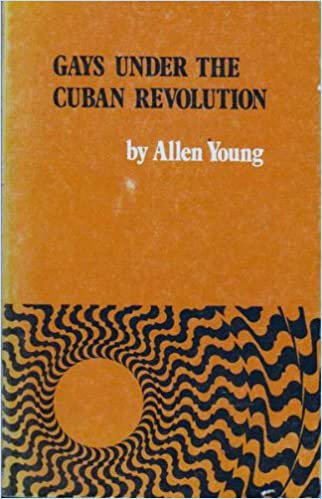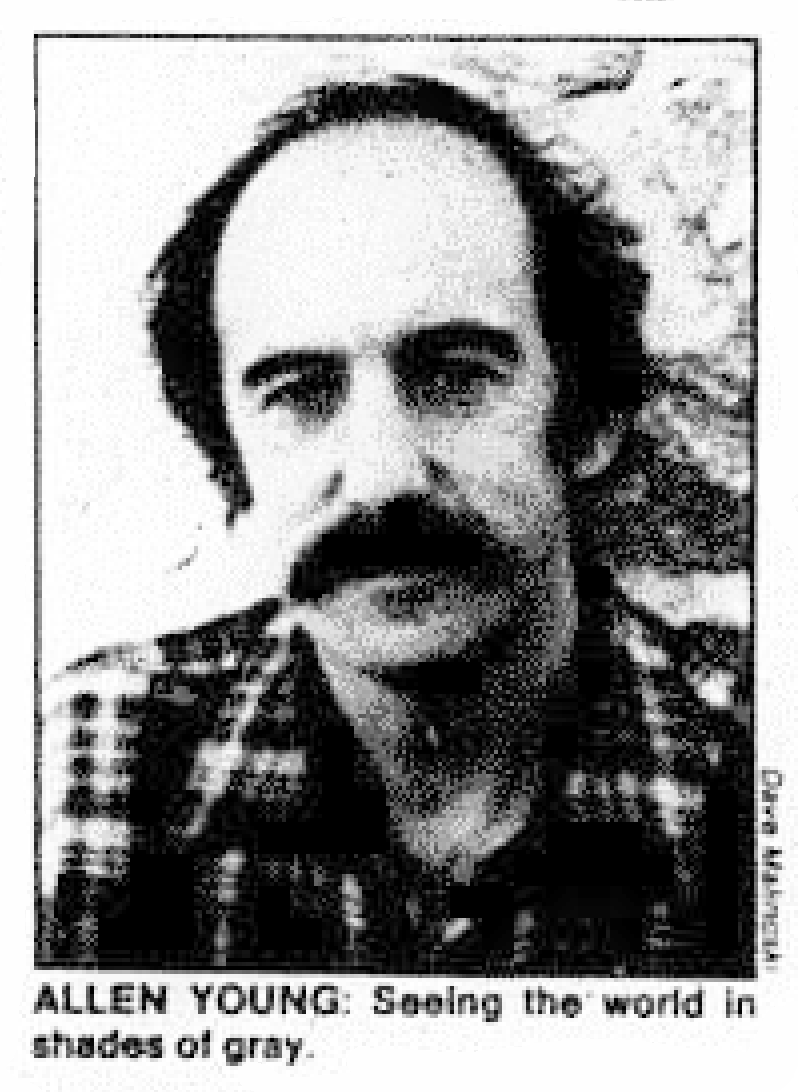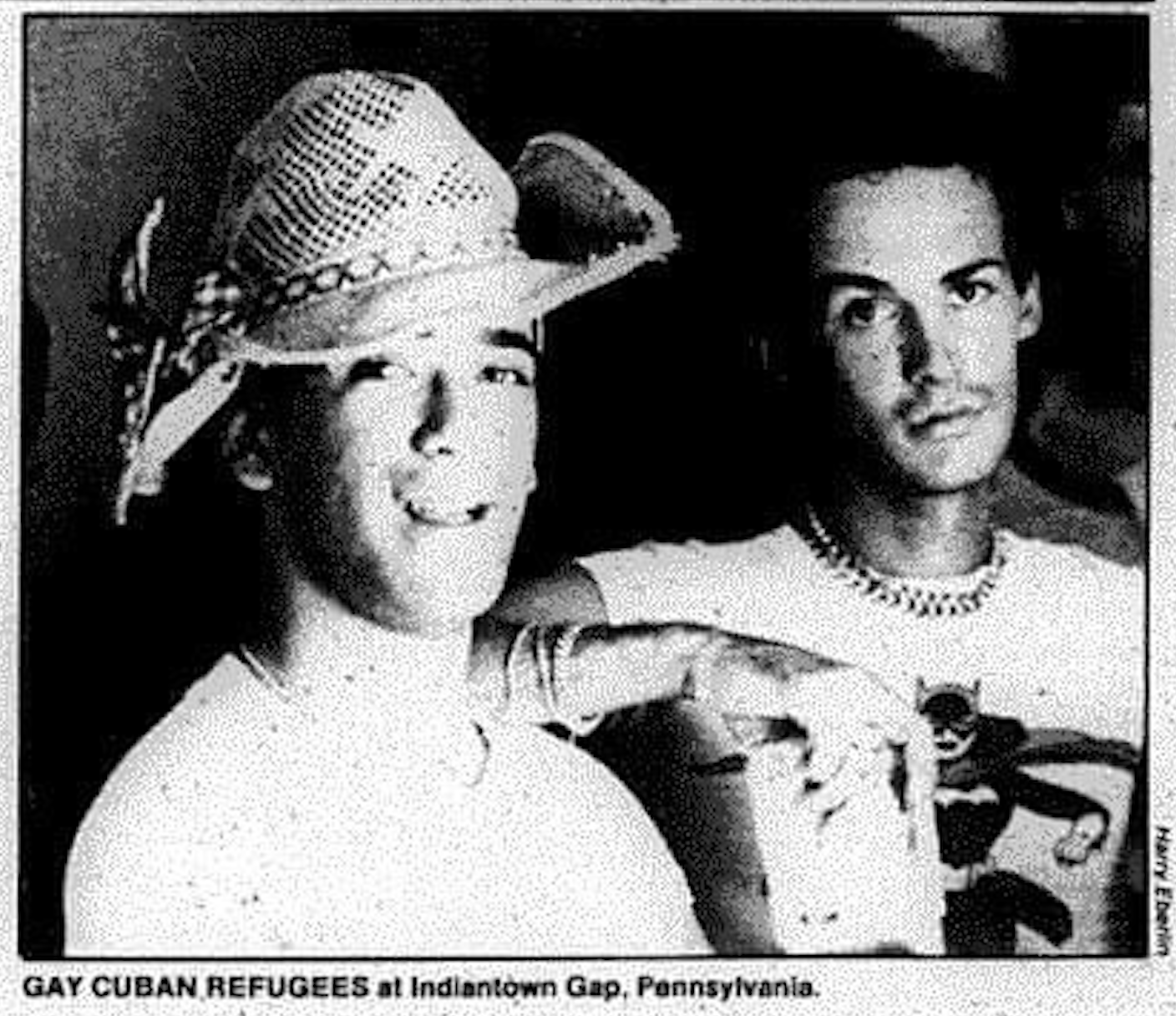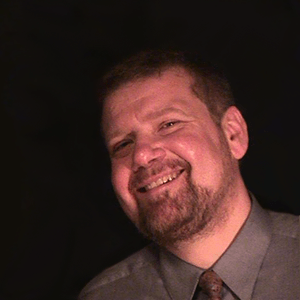When first published in 1981, Gays Under the Cuban Revolution created a sensation: Castro was a hero to some for his defiant opposition to American military threats and economic quarantine.Yet Castro’s brutal treatment of the Cuban LGBTQ+ population was an open secret, virtually ignored in most news media.
Allen Young bravely broke that silence.
Here’s a note he sent me on 12-15-21, after he reread this piece for the first time in years (published with his permission):
“So interesting to see this and read it … thanks for sending it. I think it pretty much stands the test of time, though in the past 3-4 years, there have been some changes in Cuba -- but the main thing is the lack of freedoms there so independent GLBT organizing is simply not allowed, despite some liberalization in the anti-gay policies and some acceptance of GLBT people.”
— RG, 12-22-21.
For writer Allen Young, leftist politics, American journalism, and gay liberation have often functioned as a common theme.
Young was a prominent member of the New Left in the '60's and worked as a reporter not only for establishment journals like the New York Times, but also the Liberation News Service. Later, as his interest in leftist politics gave way to a concentration in gay activism, he and writer Karla Jay edited three anthologies of political journalism that are essential source books of the period (Out of the Closets, After Your're out, and Lavender Culture). For both Jay and Young the maxim, "the personal is political," was very much a fact of life.
In the earliest of these anthologies Young wrote admiringly of the revolution that had brought Cuba socialism. Still, he had many reservations, which he made very clear. Young drew these criticisms of the Castro regime not only from reports reaching him through friends, but from direct observation. On a visit to Cuba in 1969, Communist Party luminaries rolled out the red carpet for him.
But something was wrong, as any perceptive gay man could see. The party shunned lesbians and gays. Some were imprisoned. In 1971, a party-sponsored cultural congress issued a declaration condemning homosexuality.
As the '70's lengthened, the horror stories of gay Cuban life multiplied. The Castro regime was systematically harassing, even torturing, lesbians and gay men. A respected leftist and self-proclaimed "red-diaper baby," Allen Young was shattered. The opression of Cuban gays brought into question not just the behavior of the Castro government, but the very notion of socialism as a tool relevant to Young's own activism on behalf of gay liberation.

More than any other factor, Castro's expulsion of lesbians and gay men from Cuba in 1980 directly precipitated Young's composition of Gays Under the Cuban Revolution (Grey Fox Press: $5.95). The book represents not so much an eloquent documentation of the very terrible opression that dominates that country, as it commemorates one gay leftist's coming of age. Gays Under the Cuban Revolution is an important political document of our time.
I talked to Allen Young recently in New York.
Rich Grzesiak (RG): What caused the persecution of lesbians and gays in Cuba during the '70's and forced it to reach such a fever pitch by the end of that decade?
Allen Young (AY): There are many reasons but the key one is the role that the old, dogmatic Marxist left came to play in the Castro governmnet. It imposed its whole concept of bourgeois decadence and developed a political analysis of what causes homosexuality and why it should be eliminated. As a result, an official government policy emerged that separated gay people from the revolutionary process.
There were other tangential factors arising from the influence of the Roman Catholic Church, macho Latin American culture, and a heavy reaction against the way in which Havana had come to play the role of Sin City overflowing with prostitutes for Americans over the years.
RG: So as a rule you would view the oppression of gays in Cuba not as a function of the macho-oriented Latin society, but more a direct result of the policies that the castro regime pursued?
AY: Yes. If you examine American culture you see that there is a definite prejudice against homosexuals. But it doesn't reach this official, scientific, state-apparatus approach that it does in Cuba in most other Latin American countries.
From a right-wing point of view, something similar has occurred in Chile and Argentina in the last two years. But the traditional position of Latin American cullture is more a live-and-let-live approach, by and large. Effeminate homosexuals are tolerated. But a man who can pass for straight (as far as his appearance is concerned) can have sex with other males as long as his partner is not effeminate. That's excusable. The society there doesn't seem to be very bothered by that.
RG: Did gay life in Cuba improve after the revolution?

AY: Well, it's hard to know exactly what you mean by "gay life." I think that the lives of certain individuals may have improved but the gay community was subject to the intervention of the government much more after the revolution. In that sense I think that gay life was actually damaged.
There definitely were anti-gay activities before the 1970s. Of course, there was the Cuban government's incarceration of gays in the camps in 1965, which I talk about in my book at some length. During that period people were expelled from schools and jobs. That seemed to continue in the '70s. Whether it got worse after the issuance of the Declaration of Education and Culture by a party-sponsored congress in 1970, I'm not really sure.
However, over the years Cuban gays have become more aware of the existence of gay liberation in other countries. And as a result of contact with outsiders, they came to view themselves as oppressed. In that sense gay life improved, but this development was due more to the march of time than to the revolution.
RG: To the best of your knowledge has Castro ever changed his view—which you quote in your book—that "a deviation of that nature (homosexuality) clashes with the concept of what a militant Communist should be?"
AY: I don't think that his view has changed. The statement that you cited is the only one that I'm aware of. Now, Castro may believe that he has some loyal lieutenants who stay in the closet and do a good job for the regime...maybe he thinks that that's an OK kind of homosexual.
RG: Is Castro himself married?
AY: No. He's really a macho type...he insists on getting that across. There's a type in Latin culture known as a caudillo, a man on horseback, and in a lot of ways Fidel fits that image. HIs sense of humor and even his speeches are filled with that type of sexist imagery. He lived for a long time with a woman known as Celia Sanchez, who was occasionally rumored to be his mistress and a lesbian.
RG: Is Fidel's brother, Raul, Gay?
AY: Well, I don't personally know that he's gay, but this is very widely rumored. I first heard this rumor many, many years ago. If you talk to Cuban gays they all acknowledge this and some even have stories to tell to supposedly verify the rumor.
RG: I supect that you have shown your book to Cuban gays. What kind of response have you gotten?
AY: I haven't gotten much feedback yet. But there was one Cuban gay man who came to this country when he was a child, who has since gone back to Cuba, and who has not been as critical of the regime as I have been. I think that he has his own reasons for trying to reclaim his nationality as a Cuban, and the way he can do it most comfortably is to embrace the Castro regime. And he just overlooks the oppression of the lesbians and gays.
Let's face it, there are American homosexuals that serve in high, prestigious positions in this country who simply will not see fit to point out that their oppression as gay people is worthy of concern.
There are two members of the United States Senate who are widely rumored to be gay, for example, and I have heard neither of them express their views as being supportive of gay civil rights or the gay liberation movement. I suspect that both of them will go to their graves without being publicly identified as homosexuals, no matter how much it might be rumored.
RG: Your parents interpreted press accounts of the Soviet Union in the '30s as being used only to discredit socialism. Do you feel that your book will be similarly used by people to discredit gay socialism?

AY: I think it might be. The main purpose of my book, however, is to report on the persecution of gay people in Cuba and to compel poeple to realize what is happening there even now. I don't feel an obligation, as I think some gay leftists do, to belittle this information for the sake of the glory of socialism.
I don't feel that I want to look at the world in Manichean, black-and-white terms anymore. We have lived most of the 20th Century with modern capitalism and modern socialism as it has evolved in Eastern Europe and Asia. As we face the future we should be able to find things in each of these major systems that are valuable and humanistic, and apply them towards the future of human societies.
RG: Some critics might say that to focus on the oppression in Cuba is really inappropriate, in that there are other Latin American countries where lesbian/gay oppression is more intense—for example, Chile.
AY: Well, I have attempted on occasion to write on the oppression of gays in Chile or Argentina. My concern about gay, Cuban oppression arises for very personal reasons because for so many years I worked as a defender of the Cuban revolution. You might even say that I was a propagandist for it.
Whatever the facts of gay oppression here or in Cuba, gays experience suffering and persecution in both cases. Why ignore it because it's taking place in Cuba?
RG: What advice would you give a young person who wants to be a gay activist?
AY: Don't become a zealot. Most people, gay or straight, don't like zealotry, and by that I mean an all-consuming preoccupation with the issues of gay liberation.
People, if they're going to be active in promoting the ideas of gay liberation, need to keep a sense of humor about it and to keep lines of communication open in dealing with people who don't necessarily agree with them.
As much as you might be drawn to gay activism remember: it's one of the most important things in your life, but there are other things too, from art to sports to sex. One can't lose that wide-angle focus.
After all, you're trying to turn people on and not off.
